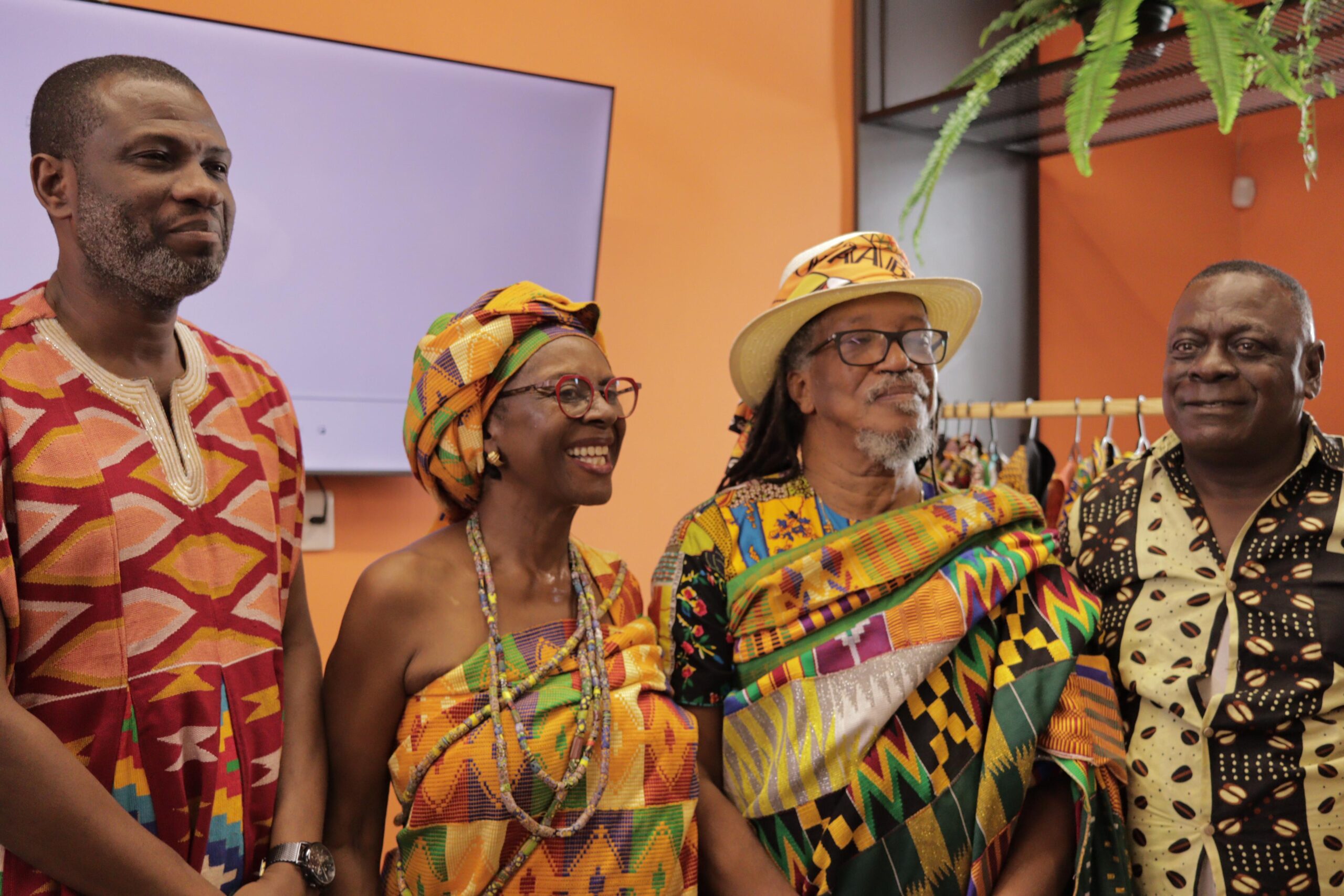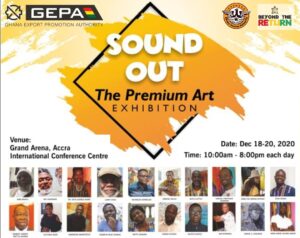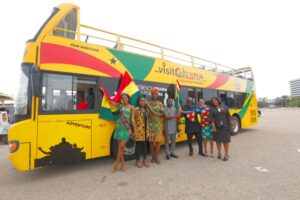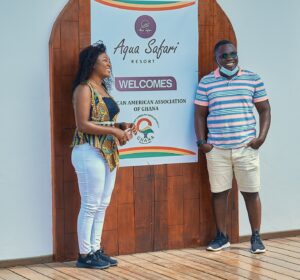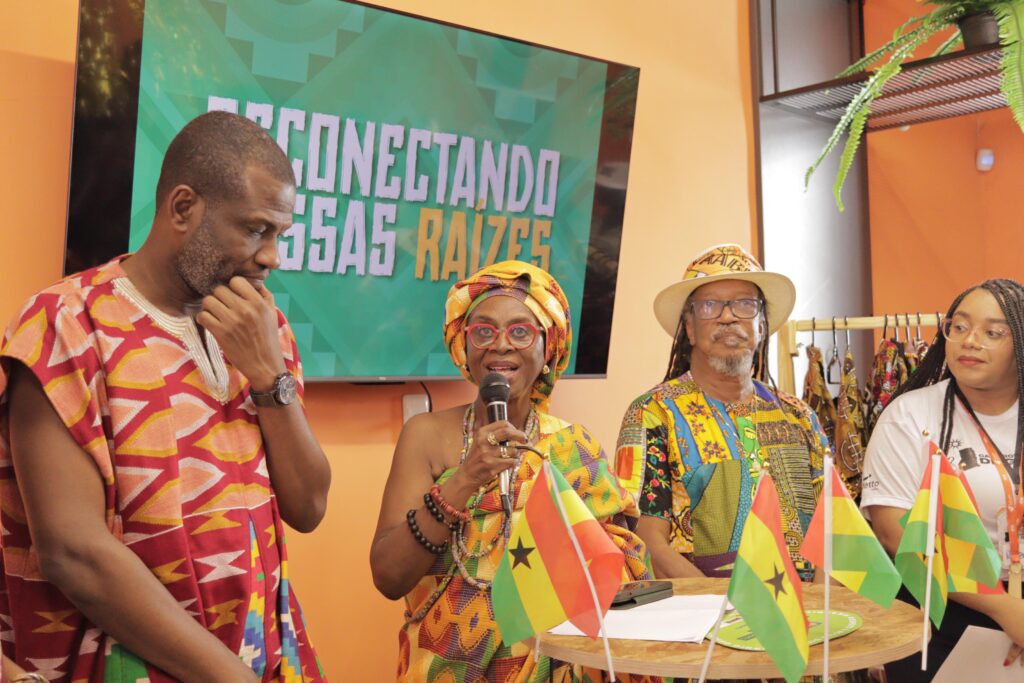
Ghana, has been given the honor of being the first African country to participate in the renowned Salvador Carnival in Bahia, Brazil. The festivities took place from February 9th to February 14th, 2024. This is monumental not only for being the first, but because Ghana has long been known as a pan-African nation that welcomes the African diaspora.
Brazil is actually the country where the majority of captured enslaved Africans were taken during the trans-Atlantic slave trade. There is still a strong influence of African culture in the country.
During the carnival that just ended this week, Ghanaian culture took centre stage and offered a unique opportunity to showcase the country’s rich heritage, connect with the diaspora and build a stronger bond between nations.
Under this year’s theme, “Reconnecting Afro Roots,” the Salvador Carnival served as a melting pot of diverse cultures, where countries from around the globe came together to celebrate their traditions through costumes, music, dance, and art. This year, Ghana proudly represented Africa and engaged with diasporians who can trace their origins back to the motherland.
A delegation which included artists and officials from the Ministry of Tourism, Arts and Culture, representatives from the Association of Ghana Industries (AGI), and stakeholders from the tourism sector, travelled to Brazil for the festivities.
Deputy Minister of Tourism, Arts and Culture, Mark Okraku Mantey was in attendance and spoke on the historical ties between Africa and Brazil, highlighting the shared heritage and the resilience of the African diaspora. With a large number of Brazil’s population now identifying as black or mixed race, there is a growing recognition of the importance of understanding and acknowledging the legacy of slavery and African contributions to global culture and civilization.
Last month, Ghana’s High Commissioner to Brazil, Abena Busia, emphasized the economic potential of cultural exchange, urging Ghanaian businesses to seize the opportunity to increase investment in Brazil. The Deputy Chief Executive Officer of the Ghana Tourism Authority, Ben Anane Nsiah, echoed this sentiment at an event in January where Ghana’s participation in the festival was announced. He highlighted the carnival as a platform to bridge educational, trading, and investment opportunities between the two nations.
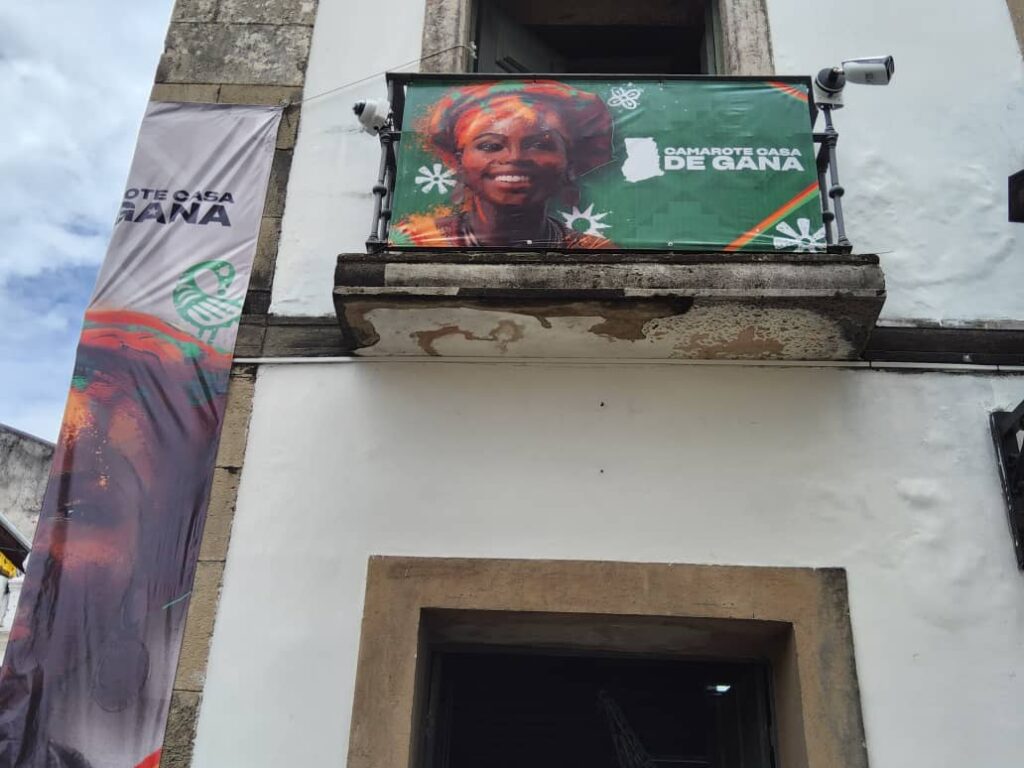
The Casa de Gana project was an experience during the carnival activities that created an immersive experience to learn and celebrate Ghanaian culture. It featured music, dance and historical reconnection. It was meant to also facilitate dialogue between Ghanaian and Bahian entrepreneurs to build collaboration and cultural exchange. The owner of a popular night club in Osu, Republic Bar, was one of the businesses from Ghana that was there to participate in the festivities.
Ghana’s participation at the Salvador Carnival signifies more than just a cultural showcase. It’s a testament to the start of building bonds between nations, the celebration of shared heritage, and the power of cultural exchange in shaping a more interconnected global African diaspora.
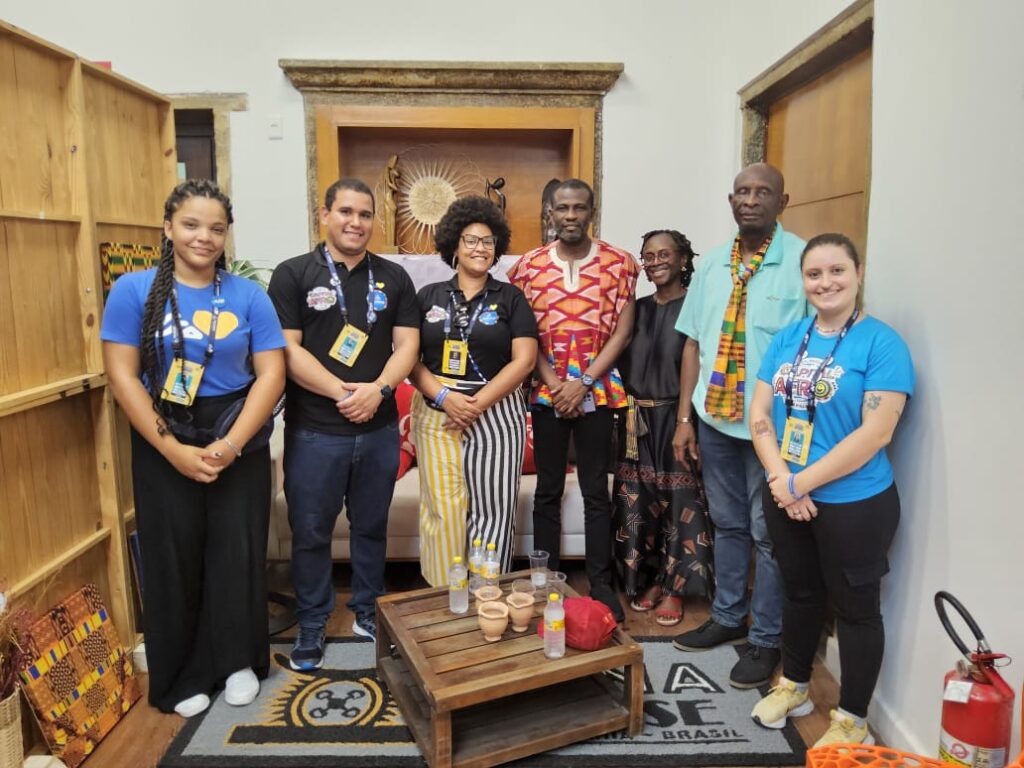
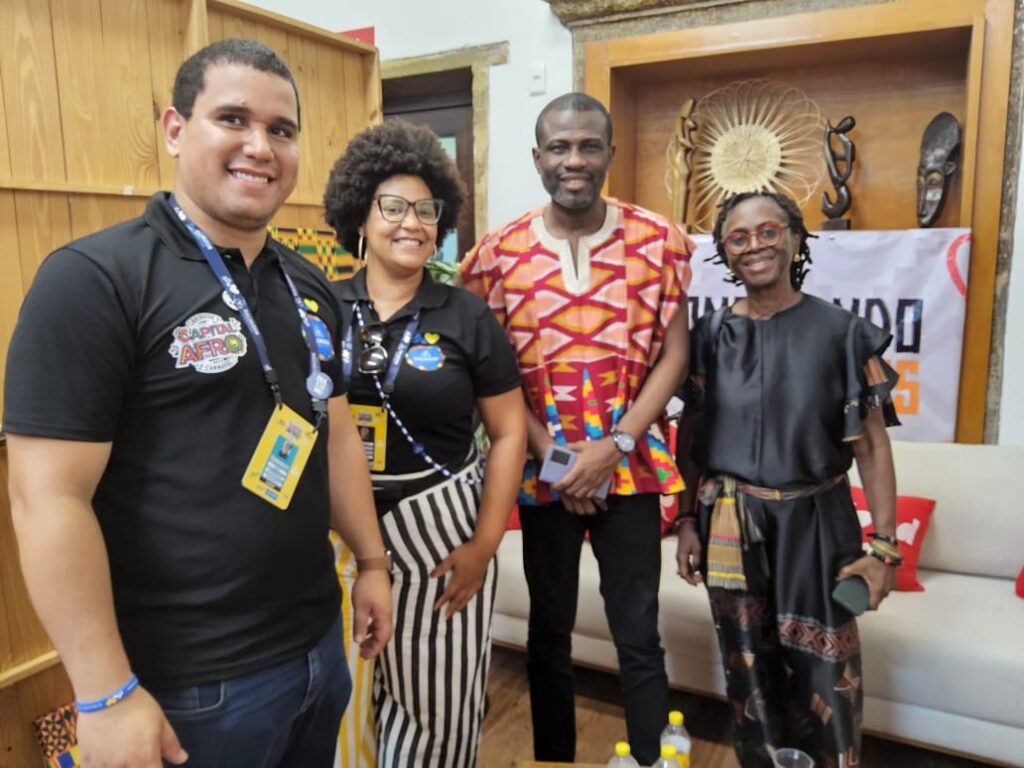
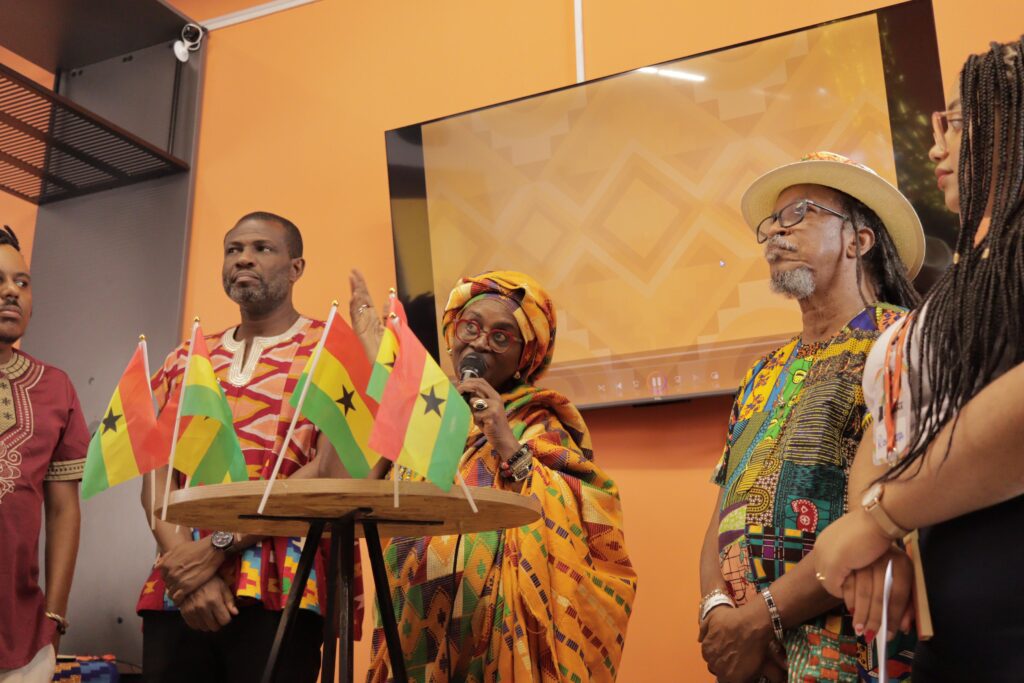
Story: Ivy Prosper




